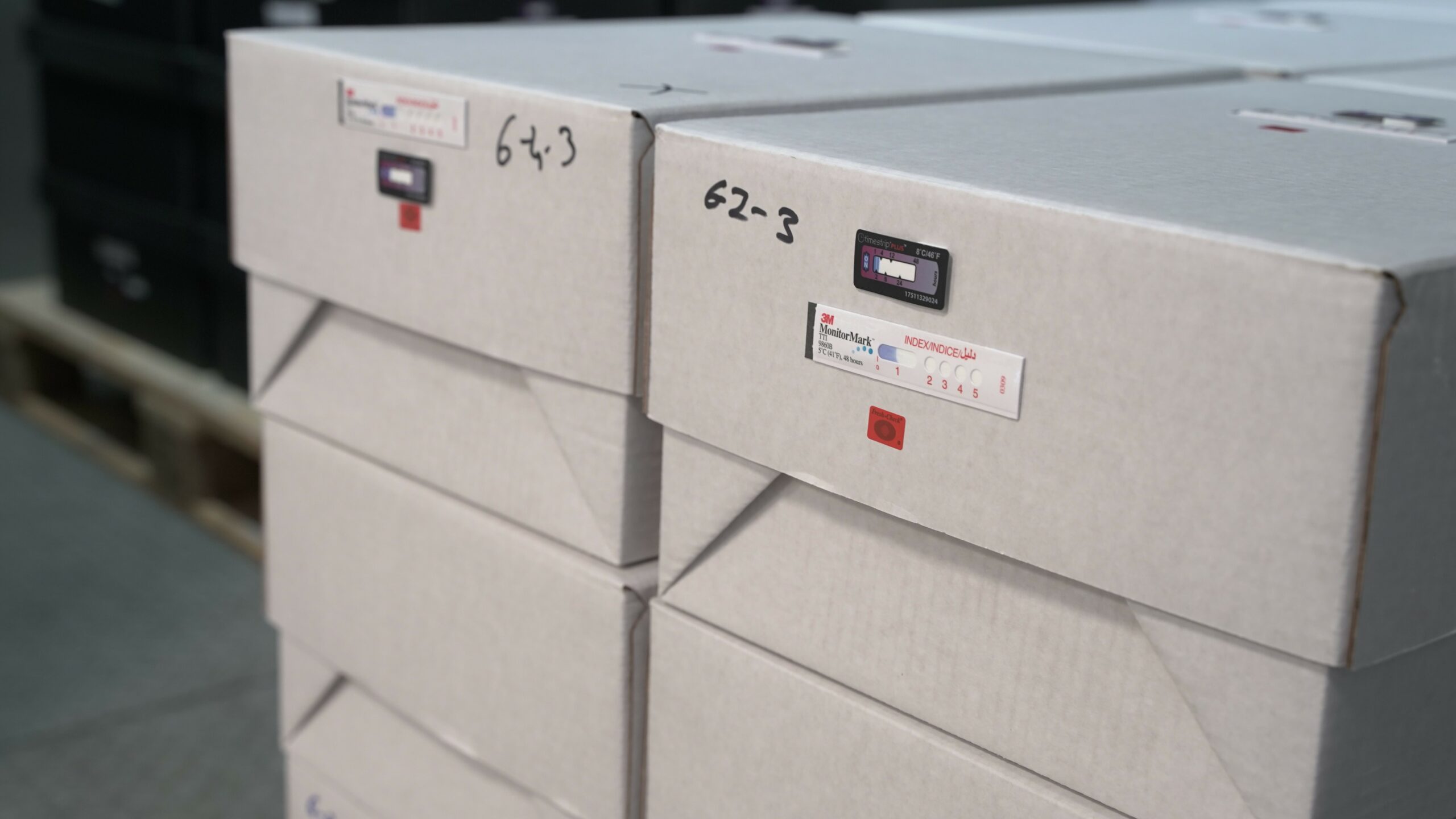Digital transformation and connectivity
Digital transformation and connectivity
The development of new information and communications technologies (ICT) enables companies to optimise the planning, management and monitoring of passenger and goods transport.
At ITENE we design solutions to improve the traceability of goods transport and to ensure goods safety. We work on the implementation of sustainable mobility solutions with low-emission vehicles and connected and automated mobility that aim to improve goods delivery and passenger transport operations in the context of smart cities: the Internet of Things (IoT), big data, artificial intelligence (AI), machine learning and blockchain.
Find out more about how we develop these technologies in the logistics, and passenger and goods transport and mobility fields.
New technologies for transport
-
We use the Internet of Things to characterise urban goods distribution operations, as well as to design and develop the storage area where the delivery goods will be housed. We also use IoT to connect the storage area to the vehicle it is a part of.
-
We use big data to build patterns based on large volumes of information as this helps to predict key aspects related to transport routes, vehicles, facilities and staff. This leads to cost savings and greater efficiency.
Big data can be used in conjunction with sensors, such as those developed by ITENE, to obtain valuable information on the accelerations, shocks and vibrations occurring during transport, as well as the temperature and humidity conditions to which the load is subjected.
-
We use artificial intelligence (AI) to apply algorithms and data processing to provide solutions that optimise the different stage of the logistics chain which, in turn, facilitates optimum decision-making tailored to the different demand scenarios.
The application of AI to route management and efficient control of transport operations leads to more effective goods transport management and optimised operations.
-
We use machine learning technology for logistics operations which enables us to create predictive models about the traffic conditions that affect vehicles and goods.
-
We use the blockchain system for e-commerce goods distribution which provides us with full product traceability, creates contexts of trust and brings secure digital certificates.
New technology applications

- Optimisation of delivery routes using predictive methods to quantify factors such as delivery sequences, traffic conditions, restrictions and accessing the end user.
- Enhanced competitiveness in various areas: reduction of delivery times and control and optimisation of inventories by means of smart logistics.
- Reduction of incidents and damage by alerts from the onboard IoT sensors and predictive maintenance algorithms.
- Transport risk monitoring that enables better decision-making and more efficient operational planning.
- Enhanced security and efficiency in both urban goods delivery and in passenger transport services in cities through the deployment of connected and autonomous vehicles (CAVs)
-
How can I help you?
Javier Alcalá
Mobility & Logistics Director
"*" indicates required fields










